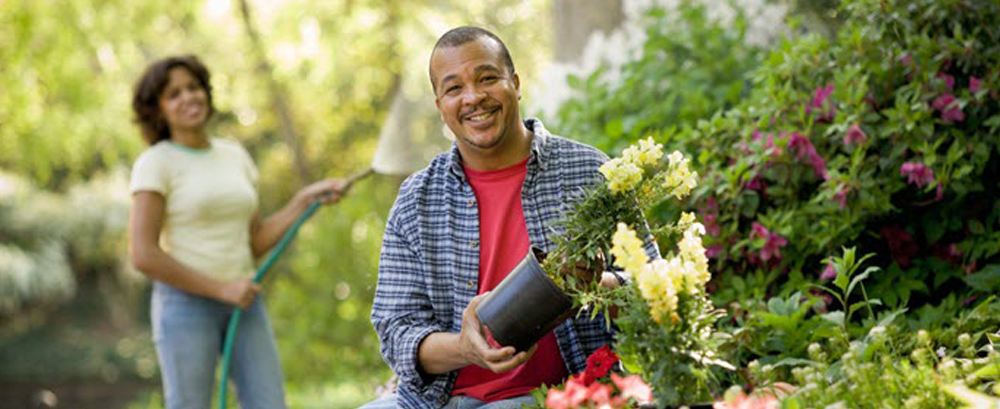
It’s easy to dwell on the problems we face, but chances are we have many things to be grateful for. Could things be better? Sure. The grass is always greener. But recognizing the positive aspects of your life not only improves your mental health, but your physical health as well.
According to the Anxiety and Depression Association of America, a daily moment of gratitude can reduce stress and sadness, decrease headaches and digestive problems, and even lead to a better night’s sleep. The theory goes that recognizing all the things we’re fortunate to have develops positive reserves for our mental health. Building up a reserve of satisfaction, helps us to weather difficult times.
How do we make gratitude a daily habit? Here are a few simple tips:
Keep a gratitude journal
Keeping a daily journal automatically makes gratitude part of your routine. According to UC Berkeley’s Greater Good Science Center, putting pen to paper helps you practice mindfulness and gives you a record of the positive aspects of your life that you can refer to later. Making this part of your morning routine sets the tone for the day.
Make gratitude part of your dinner conversation
Dinner is the perfect time to reflect on the day’s events with your loved ones. In addition to discussing your day at work or what the kids learned in school, note the positive, lucky, unexpected happenings you’re grateful for. This nightly routine will help you focus on positive reflection rather than negative rumination. It will also get you into the practice of recognizing good things, regardless of how small they may be.
Acts of kindness
Giving back to others may be the key to improving your own physical and mental well-being. Not only does it connect you to members of your community, but it also gives you a chance to use your skills or develop new skills you didn’t know you had. It may help you recognize positive things in your life that you had previously taken for granted. Carnegie Mellon University found volunteering can even lower blood pressure, likely due to the resulting increase in physical activity. Best of all, it makes a positive impact in the lives of others, which is reason enough to pay it forward.
Identify the cause of something good
It’s important to recognize why good things happen. Try to piece together the links of the chain that resulted in a positive event in your day. By taking a moment to identify the source of your happiness, it will help you to recognize the friends and strangers that are doing good on your behalf. It may also shine a light on people you may want to thank and connect with.
Write thank-you notes
Putting your thanks in writing encourages you to think consciously about what you are thankful for. While a journal records your own gratitude, thank-you notes express it to someone else, fostering positive connections and relationships.


